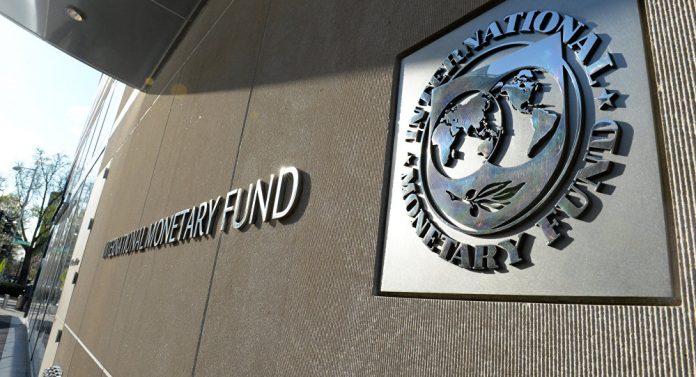
TOKYO: Trade frictions between China and the United States are already affecting business confidence and investment in Asia, a senior International Monetary Fund official said, warning that the fund could further cut its global growth forecasts in January.
Changyong Rhee, director of the IMF’s Asia and Pacific Department, said Japan and South Korea could be among countries in the region hit hardest by the trade war given their reliance on exports to China.
“Investment is much weaker than expected. My interpretation is that the confidence channel is already affecting the global economy, particularly Asian economies,” Rhee told Reuters.
“We see global growth a little bit slower than we forecast in October,” he said on Monday.
Citing the potential fallout from the Sino-U.S. trade war, the IMF cut its global growth forecast in October to 3.7 percent for both 2018 and 2019, down from 3.9 percent projected in July.
It expects Asia’s economic growth to slow to 5.4 percent next year from 5.6 percent projected this year.
Rhee said there was a chance the IMF could cut further its growth forecasts when it reviews them in January, given signs of slowdown not just in Asia but in Europe and the United States.
“Uncertainty is so large … uncertainty means you have upside potential as well as downside risk. At this moment, we believe the downside risk is a little bit higher,” he said.
On China, Rhee said it was not resorting to big-scale stimulus despite growing external headwinds, given the need to deal with long-term challenges such as curbing excess debt.
“They aren’t accelerating (stimulus) yet but taking the foot from the brake for the time being. But that doesn’t exclude the possibility that if the trade tension escalates, if growth goes down, they are ready to use stimulus,” he said.
“What we’re concerned and what we’re advising them is that the medium-term goals such as deleveraging are still important for financial stability,” Rhee added.
“So when they actually try to use stimulus, we hope they can use more fiscal policy rather than credit expansion.”






